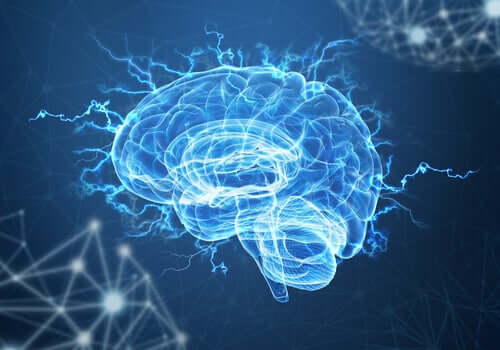Trauma causes many emotional and mental problems, it is not uncommon for some people to live their whole lives in the shadow of a traumatic experience and even pass it on to later generations through their behavior, today we will talk specifically about the relationship between neuroplasticity and post-traumatic stress disorder.
Trauma? It is not always well understood, as it is sometimes minimized and sometimes amplified. First, trauma is recognizable, often through post-traumatic stress. Second, it doesn’t always lead to a superlative and devastating experience in the eyes of the world.
- What makes it traumatic is the way each person lives it and the inappropriate effects it leaves on their life.
- It is sometimes caused by a painful event.
- Such as the tragic death of a loved one; at other times.
- This is due to seemingly not-so-serious situations.
- Such as being 6 years old and watching the father kiss a woman who is not his mother.
Anxiety, nightmares and nervous breakdowns. A person can go through some trauma before going out on the street and screaming. -Cate Blanchett-
From what was said above, it is possible to infer that what characterizes trauma is the emotional impact it causes on someone, sometimes triggered by a specific event, and other times it is the result of a chain of painful events associated with it.
The main thing is that it causes an emotional shock, that is, an experience of absolute confusion. In fact, the affected person does not find the cognitive or emotional tools to understand the situation and integrate it into their experience. What exists is amazement and blockage.
Much of this confusion comes from the fact that trauma is shaped in some quite surprising situations, the nervous system is not prepared to face this fact and therefore stops reacting in an organized and coherent way.
Each trauma generates a phenomenon called post-traumatic stress. Its manifestations and intensity depend on the severity of the experience, the general psychological situation of the person at the time of the event, the context in which it developed and the recurrence of the traumatic experience.
Typical manifestations of post-traumatic stress occur in four areas
Trauma not only causes mental effects, it also causes a type of reset or recalibration of the nervous system, the brain of a traumatized person changes generating an activation of the alarm system that becomes constant, it will not return to its normal state until a formal intervention has been performed to achieve it, but sometimes this is never achieved.
As a result, post-traumatic stress also leaves its mark on the brain, advances in neuroscience have allowed us to establish that the brain is plastic, that is, it changes with specific stimuli, experts in this field point out, just as trauma harms the brain, other experiments can also return it to its normal function.
Neuroplasticity is the brain’s ability to change based on experience. Currently, there are several therapies that aim to overcome post-traumatic stress through interventions designed to cause changes in the central nervous system.
One of the experts who has studied the subject the most is the Dutch researcher Bessel Van der Kolk, in his opinion, to overcome post-traumatic stress, activities such as yoga, therapeutic theater, neurofeedback therapy, experienced psychodrama and therapeutic massages, among others. , they are very effective.
Other specialists, such as Alain Brunet, a clinical trauma psychologist, are carrying out a treatment consisting of four phases: memory (usually with simultaneous sedation), detailed wording of the history of trauma and reading aloud from the writing. week for five weeks.
Surprisingly, many people experience trauma and don’t notice it, or don’t want to notice it, because they always feel overwhelmed, this traumatic experience occurs due to manifestations of post-traumatic stress, now we know that you don’t have to live forever with this brand of post-traumatic stress in your mind, and you can count on the help of neuroplasticity to get out of this maze.

